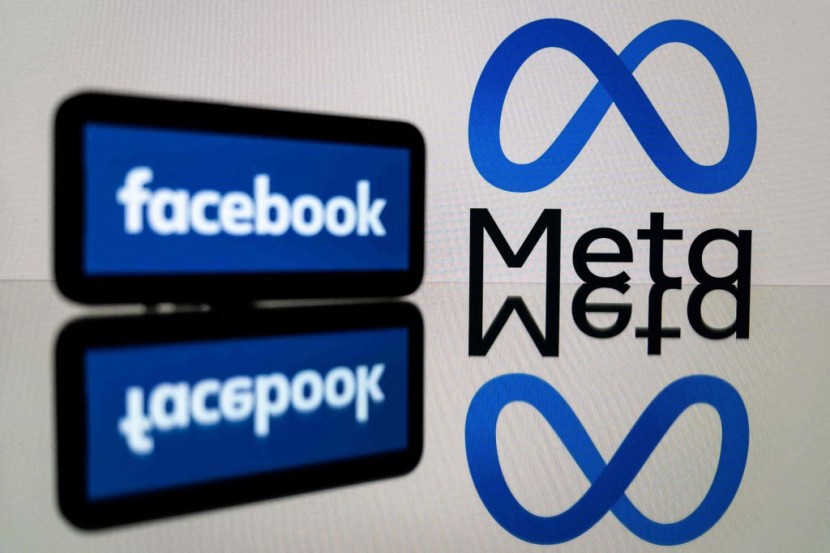
The United States Supreme Court will soon hear a case that could upend the entire internet in back-to-back arguments regarding a law protecting tech giants from lawsuits over the content their users post on the platforms.
The two cases could significantly change online speech and content moderation processes among social media platforms. The arguments are scheduled for Tuesday and Wednesday, and their outcomes could determine whether tech giants and social media companies become liable for harmful content.
Law Protecting Tech Giants
The hearings mark the court's first-ever review of a hot-button federal law primarily aimed at protecting websites from lawsuits over content posted by their users. The two cases are known as Gonzalez v. Google and Twitter v. Taamneh. They carry significant stakes for the entire internet.
As per CNN, this is because an expansion of apps and websites' legal risk for hosting or promoting content could lead to significant or major changes at sites, including Facebook, Wikipedia, and YouTube.
The litigation also resulted in some of the most intense rhetoric from the tech sector in years regarding the impact on the future of the internet. Various lawmakers, civil society groups, and more than two dozen states have joined in the debate with filings at the Supreme Court.
Section 230 of the Communications Decency Act, a nearly 30-year-old federal law, is at the center of the legal issue. For a long time, courts have argued that the law provides broad protections to tech platforms. But recently, it has come under increased scrutiny in parallel with the condemnation of Big Tech's content moderation decisions.
Critics of the law are on both sides of the aisle, and many Republicans argue that the law gives social media platforms a license to censor conservative viewpoints. On the other hand, Democrats, including US President Joe Biden, said that it prevents tech giants from being held liable for spreading misinformation and hate speech.
Spreading Misinformation, Hate Speech
The first case that the Supreme Court will hear is Gonzalez v. Google on Tuesday. According to the Washington Post, this lawsuit argues that tech companies should be held legally liable for harmful content promoted by their algorithms.
The Gonzalez argues in their lawsuit that Google's YouTube recommended ISIS-related content led to a recruiting platform for the terrorist group, which violates United States laws against aiding and abetting terrorists.
The lawsuits come as Section 230 was a provision written in 1996, several years before the founding of Google and most modern tech giants that people use today. However, it was one that courts have found to shield these companies from culpability over online posts, photos, and videos that users share on their platforms.
A professor at the school of information at the University of California, Berkeley, Hany Farid, said that the Supreme Court case would most likely have a significant impact on how tech and social media companies do business and how people interact with the online world as well, said the New York Times.
Related Article: Alec Baldwin Faces Reduced Charges in 'Rust' Fatal Shooting
© 2026 HNGN, All rights reserved. Do not reproduce without permission.








